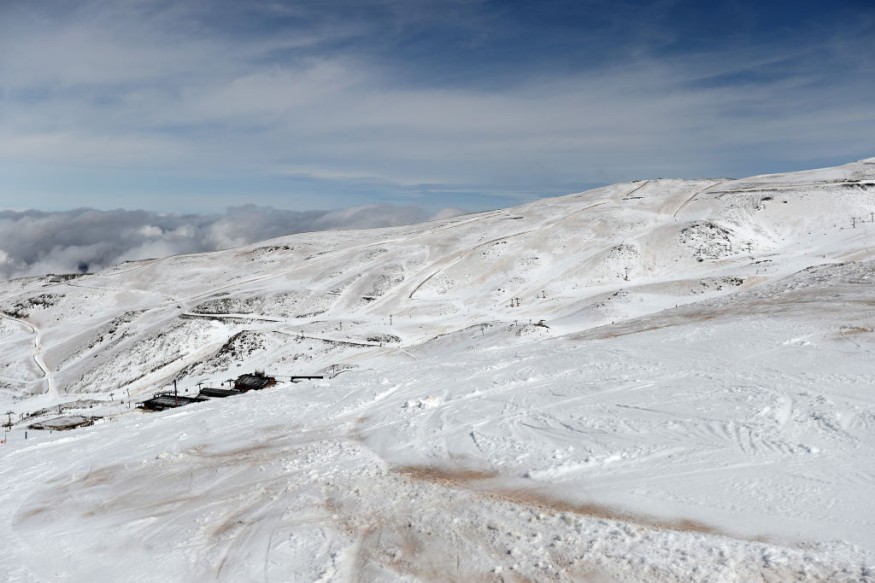Ski resorts in Spain found ways to improve the snow as climate change and rising temperatures became challenging areas that needed more snow, according to recent reports.
Resorts faced difficult situations due to climate change, impacting the snow needed for snowboarding and skiing. Winter without enough snow will have an economic impact on resorts.
In a recent report, the reduction of greenhouse gas emissions will help save ski resorts from decline. Scarce snow will leave no choice to ski owners to employ snowmaking technology.
However, artificial snow is expensive, and it could cost more to many resorts. As a result, a Spanish ski resort aimed to improve snowmaking technology that could bring more snow despite the threat of climate change and warming trends.
Snowmaking Technology To Help Ski Resorts

Winter conditions will become favorable for ski resorts to operate or return to business. However, the hotter temperatures can reduce the amount of snow, which could cost more to ski owners.
In 2023, recent reports warned of rising temperatures due to El Nino and Climate Change. It is bad news for ski resorts, especially for snow lovers this year.
To address the lack of snow, a ski resort in Spain looked into snow-making technology to improve the amount of snow amidst the threat of climate change. In the Pyrenees Mountains, a recent report raised concerns over declining snow totals.
They developed a new snow-making technique that can significantly help resorts in the country. The increasing snow in the area can help attract more visitors to the resort.
According to recent reports, the Barcelona Institute of Materials Science and the Snow Laboratory will help create fake snow as the country is no stranger to challenging and scorching temperatures.
Greenhouse Emissions and Climate Change
Greenhouse gas emissions can exacerbate the worldwide effects of climate change, causing extreme weather events. Intensifying impacts could result in deadly flooding, wildfires, heatwaves, drought and heavy rains.
Human populations and wildlife are also affected, including livelihood. As a result, the reduction of emissions is crucial to mitigate global warming and rising temperatures. The United Nations (UN) urged to mitigate climate change, causing melting and hotter temperatures.
In addition, poorer communities are vulnerable to devastating aftermath. Frequent droughts can threaten food and water security for people and animals. Meanwhile, wildfires can harm forests that are important in carbon sequestration.
Related Article : Global Heating Decreases Rainfall, Increases Heat In Amazon Making Drought 30 Times More Likely
For more similar, don't forget to follow Nature World News
© 2025 NatureWorldNews.com All rights reserved. Do not reproduce without permission.





